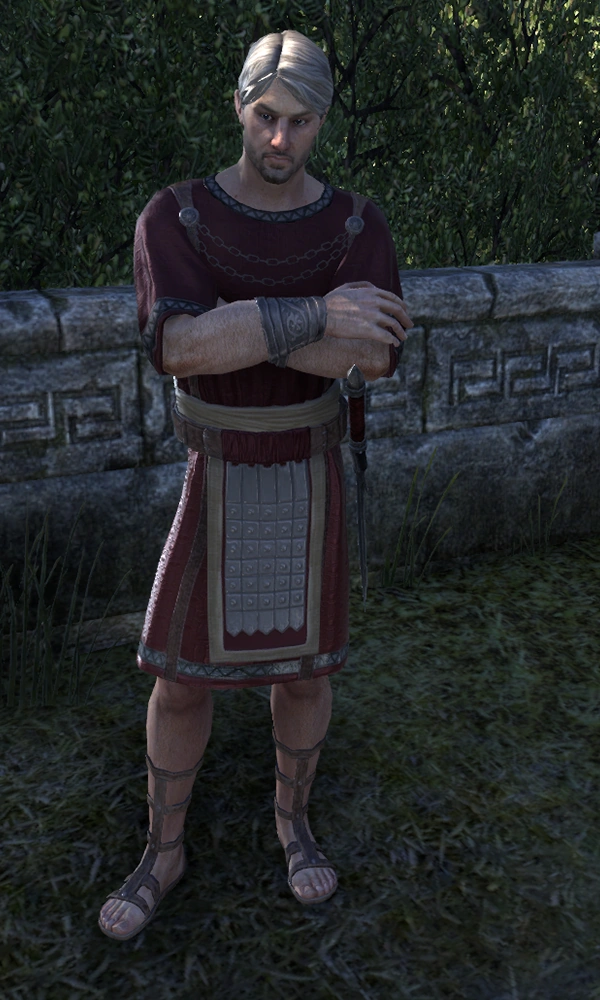Plautus
Learn about this topic in these articles: basis for “The Miser”. In The play, based on the Aulularia of Roman comic playwright Plautus, recasts the ancient comic figure of the miser who is inhuman in his worship of money and all too human in his need for respect and affection.
Example of New Comedy. In being overcareful of it (the Aulularia of Plautus); on a father who tries so hard to win the girl from his son that he falls into a trap set for him by his wife (Plautus’s Casina); and on an overstern father whose son turns out worse than the product of.
With a newly acquired B.A. In Classics from Haverford College, Mara Miller has returned to the Live Arts Festival & Philly Fringe staff this summer as an editorial assistant, catching and correcting all our typos, writing for the Festival Blog, and generally making sure we are good with the words. She is also our resident Latin and Ancient Greek scholar, and I got a chance to catch up with Mara about her completed thesis on the Roman playwright Plautus. Q Hey Mara, congrats on the graduation. Classics is a subject dear to my heart, what was your thesis on?
A Hi Josh, the word on the street is true, I have a diploma. I wrote my senior thesis on two plays by the Roman playwright Plautus, called Mostellaria (“Haunted House”) and Miles Gloriosus (something like “Braggart Soldier,” my favorite translation is “Major Blowhard”). Q Hm, how did you discover Plautus and what attracted you to his work? A We read some of his plays in my sophomore Latin class. I thought they were hilarious.
 • Light on system. • Can create templates.
• Light on system. • Can create templates.
Very in line with my unsophisticated sense of humor. Lots of corny puns and fart jokes. Q Is there much known about his life–where he was from, etc? A He was probably born around 250 BCE in a small town in Umbria, Italy.

We’re pretty sure he was some sort of carpenter or stagehand before he got into creating plays. His full name was Titus Maccius Plautus, which was probably a pseudonym, as it seems to mean something like “Bob the Flatfooted Clown.” Q What’s so funny about Plautus anyway?
Titus Maccius Plautus
A His comedies were purposely over-the-top enough to hold the attention of an audience that was distracted by other stuff going on around them. So there’s a lot of general ridiculousness, a lot of trickery. Lots of slaves, pimps, and prostitutes doing stuff they’re not supposed to. And the language is really witty in itself. Of course it sounds much better in Latin. His plays are all modeled after Greek comedies, but he makes them distinctly Roman, and so they have a Roman sense of humor. A lot of scholars would use the word “crude.” Q Who were some of his 3rd century and 2nd century BCE contemporaries in the arts and politics?
A A contemporary playwright was Gaius Naevius, but that probably doesn’t help much. Plautus came after the famous Greek comedians like Aristophanes and Menander, but before the Roman playwright Terence. He’s the first Roman playwright we actual have stuff from (we have 21 of his plays, which is a lot). The Second Punic War started in 218 BCE, and that’s when Hannibal invaded Italy. Q How was Roman theater typically presented? Who put on Plautus’s plays? A Roman comedies were usually part of festivals that lasted several days, and were held in celebration of various gods or holidays.

At the beginning of the festival, they would build the stage and seating area out of wood, and when it was over they’d take it back down. The plays were put on by theater companies, which travelled around with a producer and a flock of actors. Q Translating ancient plays tends to get you deep into the language. What were you exploring in your thesis? A In the two plays I looked at, there’s a lot of architectural language, that is, lots of doors, walls, skylights, et cetera, and metaphors that involve buildings or structures. This language works in really interesting ways, especially given that the temporary Roman theaters were built and then un-built, leaving this weird sort of non-reality space, spliced away from real life.
So I looked at how that language was working both within the plays, as thematic symbol or organizing motif, and also how it related to the experience of the plays’ performance. I was interested in the fact that a lot of the structures mentioned weren’t actually part of the set, which means the audience had to build them in their minds. The ultimate goal was to think about ways that the specific language in the plays shaped what the experience of sitting in the audience would have been like. Q Thank you, that is super-interesting. Performing artists can be pretty ignorant of the roots of their art, leading to very mistaken interpretations of what traditional theater and performance are; I think many would be surprised to learn about how innovative and wild the ancients were, not to mention the depth and complexity of the writing as well as how irreverent and raw they could be. So now that you’re out of college, what are you most looking forward to? No dining center food?
Plautus Quotes

Plautus Plays
Maybe learning a language that people other than the Pope currently speak. Thanks, Mara, great to know!
–Josh McIlvain Photos of Mara by Josh McIlvain Image of Roman mosaic is of a Roman mask used in comedies.